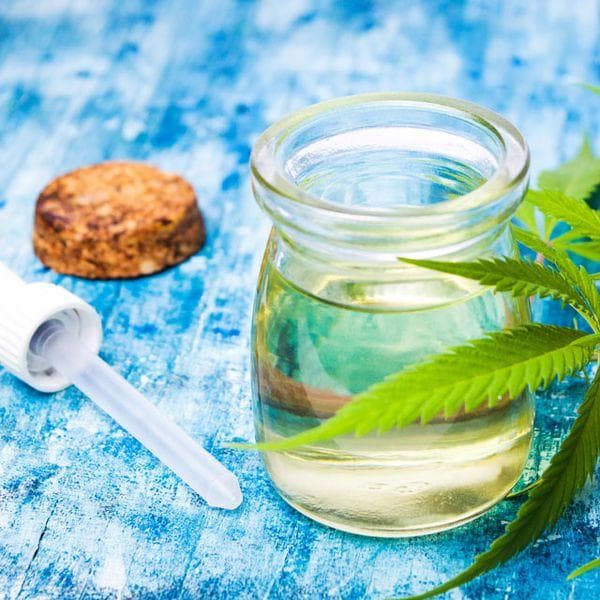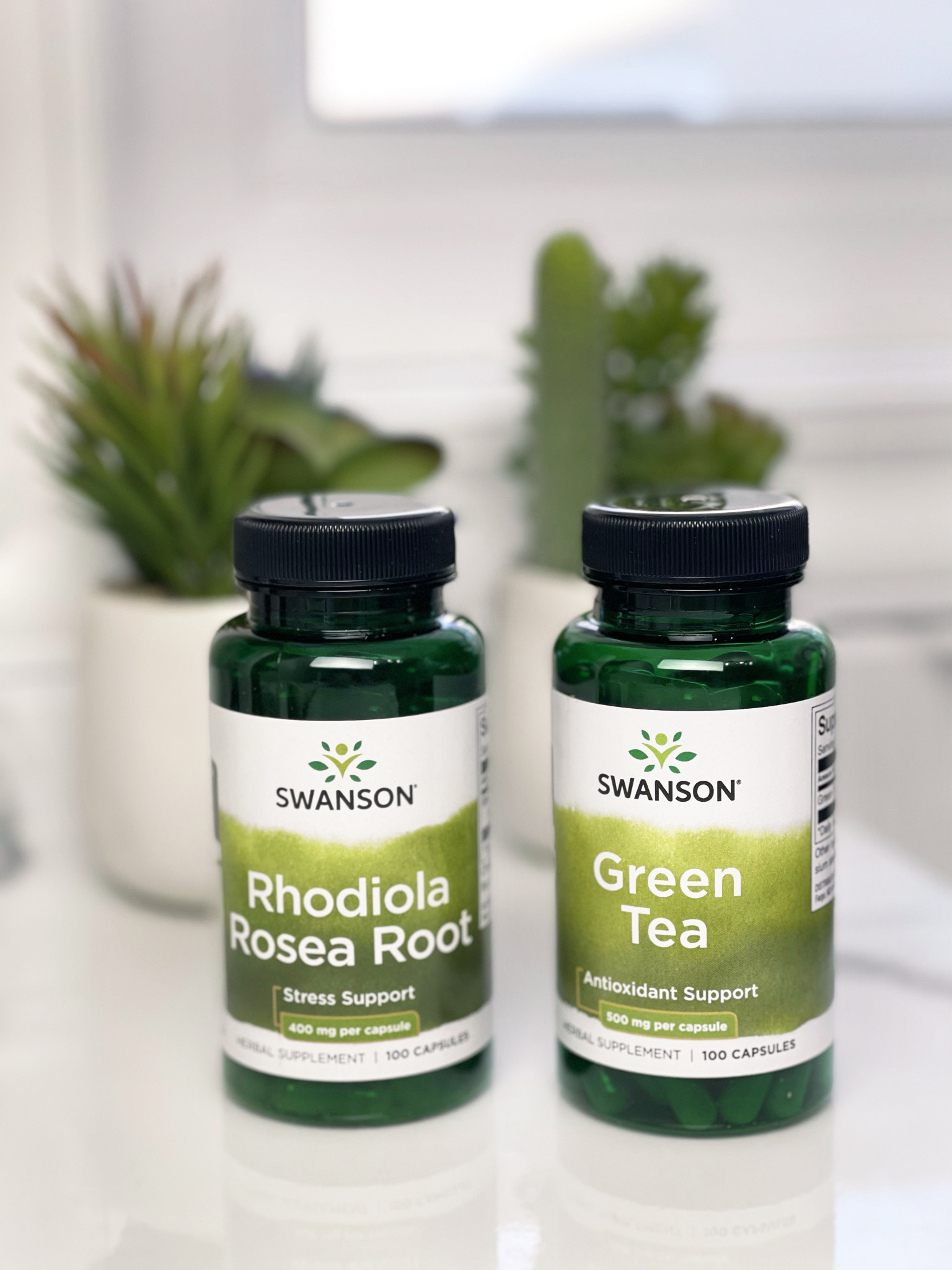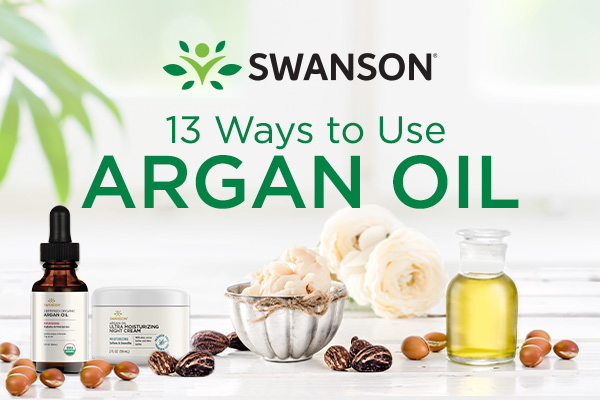What is CBD Hemp Extract?
There’s been a lot of buzz and confusion in recent years surrounding hemp plant products, particularly cannabidiol (CBD) hemp extract and the change of regulations surrounding the production and research of this potent supplement.1
The hemp plant has been used and cultivated for centuries to make textiles, whole food products and health and wellness products.2 Today, full-spectrum CBD hemp extract products have become widespread in their availability and use for a variety of health benefits.
So, is full spectrum CBD hemp extract right for you? To help you decide, let’s talk about the hemp plant and its many uses, the benefits of CBD hemp extracts, phytocannabinoids and other ingredients from hemp plants.
Hemp Plants & CBD Hemp Extract
Hemp plants have been used for centuries as resources for paper, textiles, biofuels and more. They’ve also been used holistically in balms, lotions, tinctures and extracts.2 Some of the confusion around hemp plants and related products stems from the fact that they come from varieties of the cannabis plant.
This leads many to wonder if the hemp plant used to make these products is the same as the marijuana plant (the one with psychoactive effects). Rest assured, hemp is not the same and its products to not induce psychoactive influences.
The type of hemp plants used to make CBD hemp extracts and other hemp-derived products are known as industrial hemp plants, the non-psychoactive (not hallucinogenic) varieties of Cannabis sativa L. with low (less than 0.3%) or undetectable levels of tetrahydrocannabinol (THC).
THC is the principal psychoactive constituent of cannabis. So, products made from industrial hemp, like CBD hemp extracts, do not produce the psychoactive effects in the body that result from the use of THC-containing cannabis plants (marijuana).3
The industrial hemp plant is a renewable resource, and its seeds, flowers and stalks are used in thousands of health foods, body care and wellness products. It's also an attractive crop for farmers, as hemp plants absorb CO2, help detoxify the soil, prevent soil erosion, don't require pesticides and use less water than traditional crops.
Many people refer to the industrial hemp plant as a more environmentally-friendly, more renewable resource than other plant crops. It's also a whole food resource for full spectrum, plant-based nutrition.
Industrial hemp plants contain fiber, protein and essential fatty acids (linoleic and linolenic acids), phytonutrients and phytocompounds.7 These include chlorophyll, flavonoids and terpenes.8
What are the Benefits of CBD Hemp Extract?
CBD hemp extract interacts with a network of neurons in our body called the endocannabinoid system. The endocannabinoid system is receptive to full spectrum CBD hemp extract, and when it interacts with the endocannabinoid system, it stimulates many functions in the body that help support overall wellbeing.4,5,9
Also, CBD hemp extract contains omega-3 and omega-6 fatty acids, plus synergistic plant terpenes, cannabinoids and flavonoids that all work together to aid everyday wellness and vitality.
CBD hemp extract is available in a variety of formats, including CBD hemp extract oils, CBD hemp extract capsules, CBD hemp extract gummies, CBD hemp extract sprays, CBD hemp extract snacks and CBD hemp extract balms and topical self-care products.
What is the Endocannabinoid System?
The endocannabinoid system (ECS) is a receptor system in our body that is integral to our wellbeing. The ECS acts as an intermediary, working to regulate the communication between cells in our central nervous system and immune system. Research has shown that chemicals produced in our brain influence important physiological responses and body functions, including healthy ECS function.
The ECS is sometimes referred to as the “Central Control Panel” and nutrients like essential fatty acids and phytonutrients can interact with this system.5,6,10,11
Naturally-Occurring CBD vs.THC
Cannabis plants contain at least 85 different phytonutrients including the naturally-occurring phytocannabinoids CBD and THC. The industrial hemp plant contains many of these same phytonutrients, but has low or undetectable levels of THC, which is the psychoactive compound.
Chemically speaking, these two phytocannabinoids have a similar structure but they react very differently to the endocannabinoid system. CBD does not cause psychoactive effects like THC.
Isn’t Hemp Illegal?
The passage of the 2018 Farm Bill with the inclusion of the Hemp Farm Act excluded industrial hemp from the definition of marijuana, which is a Schedule I controlled substance. This bill allows for the federally-legal cultivation, harvest, transport, marketing and research of industrial hemp and its constituent phytocannabinoids within the United States.
Today, industrial hemp-derived products include hemp oils made from dehulled hemp seed, hemp fiber and full spectrum CBD hemp extracts. Industrial hemp plants must contain less than 0.3% THC, meaning the plant is non-psychoactive, not hallucinogenic and won’t produce any euphoric sensations.
Rigorous production oversight and testing, including third-party testing, are required on all industrial hemp products to ensure they meet approved standards.
What's the Difference Between Hemp Seed Oil & Full Spectrum CBD Hemp Extract?
In the same way that grape seeds are separate from grapes and grape seed oil is pressed from grape seeds, hemp seed oil comes only from the dehulled seed of the industrial hemp plant. The dehulled hemp seeds are pressed to produce hemp seed oil. Full spectrum CBD hemp extract is derived from whole parts of the plant (flower, leaves, stalk, etc.), which contain the phytocannabinoids present in the plant, with little (<0.3% based on dry weight) to none of the THC found in other cannabis varieties.
Can I Give My Pet Full Spectrum CBD Hemp Extract?
We recommend checking with your vet before giving your pet full spectrum CBD hemp extract or any dietary supplement. However CBD hemp extract products formulated just for pets are available.
*These statements have not been evaluated by the Food and Drug Administration. These products are not intended to diagnose, treat, cure or prevent any disease.

About Amy Sunderman, MS, RD
Director of Science & Innovation, Registered Dietitian, Swanson Health
Amy is a registered dietitian, nutritionist and author with over 20 years of experience in the supplement industry. Amy is passionate about dietary supplements and the health benefits they offer. She enjoys working to find novel nutritional ingredients with strong clinical research behind them to drive innovation and provide health-promoting products to consumers.
Sources
1. Cannabidiol Now Showing Up In Dietary Supplements. Natural Medicines. Read source
2. Cannabis in Chinese Medicine. Frontiers in Pharmacology. Read source
3. Cannabidiol. WebMD. Read source
4. Cannabidiol. PubMed. Read source
5. Non-psychotrophic Plant Cannabinoids. Semantic Scholar. See source
6. The Endocannabinoid System. PubMed. Read source
7. Quality Traits of Medical Cannabis. Research Gate. See source
8. Analysis of Cannabinoids. PubMed. Read source
9. Cannabidiol Reduces...National Library of Medicine. Read source
10. Endocannabinoid. PubMed. Read source
11. Cannabinoid Receptors. National Library of Medicine. Read source
See Also for Hemp Seed Oil
Hemp Seed Oil. National Library of Medicine. Read source





